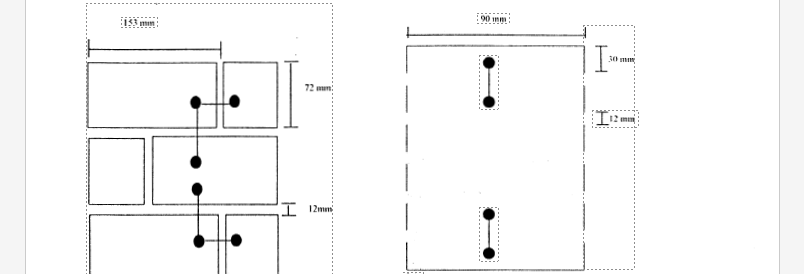1 Ph.D.. Technical Manager. Building Construction, Chemical Lime Company, Henderson, Nevada U.S.A. 89015. formerly Research Officer. National Research Council of Canada. Institute for Research in Construction. Ottawa. Canada.
2 Professor. Depaitment of Civil Engineering. Carleton University Ottawa. Ontario. Canada: and President, Suter Consultants Inc. Consulting Engineers Ottawa. Ontario.
3 P.Eng.. Senior Conservation Engineer. Architectural and Engineering Services for Environment Canada. Public Works and Government Services Canada. Ottawa. Canada.
4 Ph.D. P.Eng .. Institute for Research in Construction, National Research Council Canada, Ottawa. Canada
ABSTRACT
The durability of masonry under freeze-thaw conditions is a complex interaction of the mortar. stone and their environment. In testing. much attention is given to the durability of the mortar itself: but less to the mortar as part of a masonry system. This paper considers the durability of the 11101tar together with the stone. particularly the effect on the bond between the stone and mortar.
A total of 29 masonry wallettes and 5 stack bond masonry prisms were constructed for freeze-thaw testing together with companion stack bond prisms for evaluating flexural bond strength. The freeze-thaw testing was unidirectional. The freeze-thaw specimens showed three basic styles of expansion behavior:
• mortar failure.
• bond failure, and
• no failure
Early expansion and failure is related to mortar failure. Delayed expansion is related to bond failure. The prisms with the least amount of freeze-thaw expansion. also had the highest bond strengths.
It is recommended that durability testing of masonry. rather than its components, is critical.
7238.pdf



